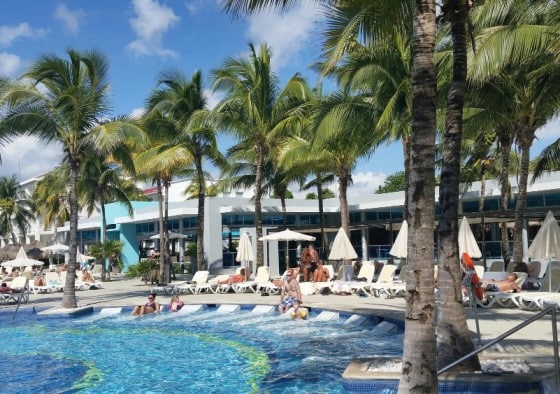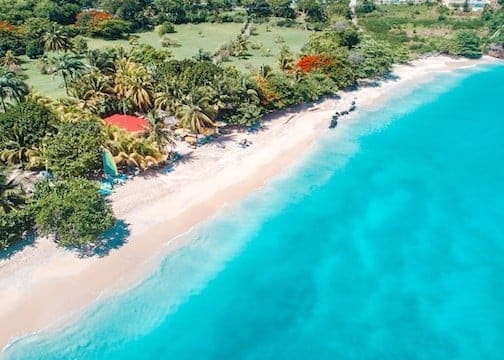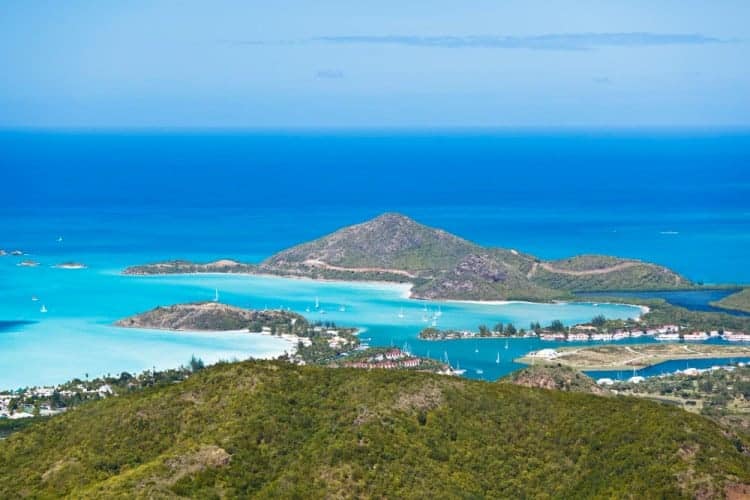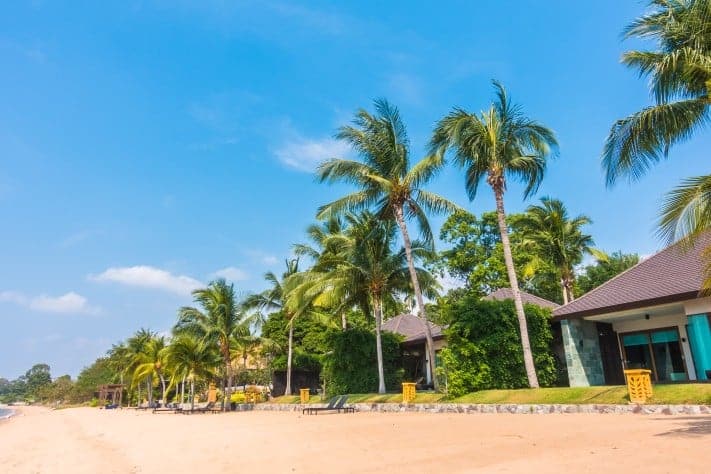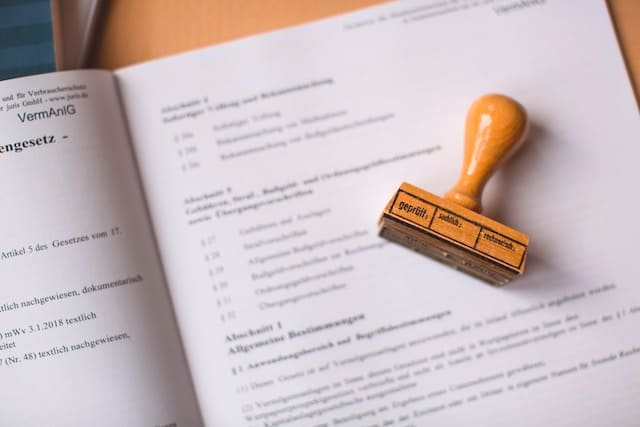The ability to secure citizenship by investment with adult children has become an increasingly important consideration for families that travel, work, and live in different countries all over the world.
While many RCBI (residency and citizenship by investment) programs cater to investors and their nuclear families, not all of them offer pathways that accommodate adult children, especially those over the age of 18.
How flexible a Citizenship by Investment program is when it comes to the inclusion of university-aged children or other financially dependent family members can significantly influence where foreign investors decide to place their qualifying investment.
This article explores the most family-inclusive investment migration programs in 2025, comparing eligibility rules across the Caribbean, Europe, and beyond to help families stay together as they pursue second citizenship or long-term residency.
- Who qualifies as an adult dependent child?
- Caribbean Citizenship by Investment Programs: Flexible Options for Adult Children
- European Golden Visa Programs and Adult Children
- Asia and Middle East: A Mixed Bag of Rules and Restrictions
- Top 5 Programs for Families with Adult Children
- Key Considerations Before Applying with Adult Children
- Frequently Asked Questions
Factors that typically determine eligibility include:
- Age (commonly up to 25 or 30).
- Enrollment in full-time education.
- Unmarried status.
- Physical or mental disability.
- Financial dependence with proof of parental support.
While some countries enforce strict age limits or educational requirements, others allow greater discretion if dependency can be clearly documented. This is why it’s important for investors to understand program-specific definitions before applying.
For a data-backed comparison of investment migration policies, including family inclusion criteria, check out the Global RCBI Report, which ranks programs not only on accessibility and visa-free travel but also on family-friendliness.
This report highlights how evolving immigration programs are beginning to prioritize broader family units, including adult children, as part of a more holistic solution for increased global mobility.
The Caribbean remains one of the most accommodating regions for families seeking citizenship by investment with adult children.
Most programs across the region allow the inclusion of children well beyond the age of 18, often up to 25 or 30, provided they are financially dependent on the main applicant.
Here’s a comparative look at how the top five Caribbean CBI programs treat adult dependent children:
When comparing Caribbean Citizenship by Investment programs with other CBI programs around the world, they stand out as some of the most family-inclusive options, particularly for investors with dependent adult children, medical exceptions, or university-aged dependents.
The flexibility around student status, financial support, and disability makes the Caribbean an attractive destination for family-based investment migration.
European Golden Visa programs with adult children vary widely in their inclusiveness. While countries like Portugal provide reasonable flexibility, others, like Greece, enforce stricter age limits and conditions.
Below is a comparative breakdown of leading European Residency by Investment programs and their stance on adult dependent children:
Portugal’s Golden Visa stands out as one of the most family-friendly options, particularly for investors with older children pursuing university studies.
Greece’s Golden Visa, despite its affordability, it may not be the best option for families with adult dependents due to its tighter age restrictions.
In the Asia-Middle East corridor, approaches to adult children vary sharply. Some nations offer generous inclusion policies for sons and daughters, while others cap eligibility at 18 to 21 with little flexibility.
Here’s a brief overview of key programs:
The UAE Golden Visa is notably progressive, especially for daughters and disabled children.
The Thai Elite Visa, by contrast, is structured primarily for individual applicants or families with young children.
Turkey’s Citizenship by Investment program does not support adult dependent children, making it less viable for multi-generational applications.
When choosing a second residency or citizenship, families aren’t just looking to get a second passport, but they’re also searching for a safe, stable, and welcoming environment where their adult children can thrive.
The following countries strike a balance between program flexibility and quality of life, making them top picks for family-oriented investors.
Dominica Citizenship by Investment
This inclusive stance also extends to dependent children with physical or mental disabilities, regardless of age, provided their condition and reliance on parental care are well-documented.
Applicants can qualify by making a non-refundable donation to the Dominica Economic Diversification Fund, starting at $200,000 for a single applicant and increasing based on family size. Alternatively, a real estate investment of at least $200,000 in government-approved properties is available, which can offer both lifestyle benefits and long-term return potential.
Dominica offers a high quality of life with a low cost of living, making it ideal for families seeking a safe and natural environment to raise children or retire. Its sustainable island state credentials, including widespread eco-tourism, clean energy initiatives, and low population density, make it appealing to socially conscious foreign investors.
Successful applicants receive a second passport that offers visa-free access to 138 destinations, including the EU Schengen Zone, Singapore, and Hong Kong. This level of global mobility benefits both parents and adult children, particularly those seeking international career or education opportunities.
With no income, inheritance, or wealth tax, and relatively low government fees, Dominica offers a well-rounded package for multigenerational families.
Grenada Citizenship by Investment
Applicants can include dependent adult children up to age 30 without requiring them to be in full-time education, provided they are financially reliant on the principal applicant. In addition, Grenada is one of the few countries that allows the inclusion of siblings (unmarried and without children), parents, and grandparents under a single application.
Grenada’s qualifying investment options include a contribution to the Grenada National Transformation Fund or a real estate purchase in a government-approved development, starting at a minimum of $235,000 for a single applicant and going up to $262,000 for a family of four. These investment options directly support Grenada’s national economic fund, aimed at boosting infrastructure, education, and public services.
A major strategic advantage of Grenada’s CBI program is its status as the only Caribbean CBI country with an active E-2 Treaty with the United States, allowing citizens to apply for the U.S. E-2 Visa. This gives families additional global citizenship flexibility, especially for children pursuing education or entrepreneurship in the U.S.
Grenada is a safe, English-speaking country with modern amenities, reputable schools, and a growing expat and investor community. Its visa-free travel privileges cover over 140 countries, including the EU, UK, China, and Russia, making it a strong candidate for those looking to build a robust passport portfolio. The country’s focus on hospitality, healthcare, and future generations makes it an ideal choice for long-term relocation or legacy planning.
Portugal Golden Visa
Eligible foreign investors can apply to this program through making qualifying investments, such as capital transfers into regulated investment funds, research and development, or cultural and artistic contributions that align with national priorities through the Portugal Cultural Golden Visa. The minimum investment starts at €250,000, depending on the route, with options carefully designed to promote economic development, job creation, and innovation across the country.
Portugal consistently ranks as one of the best countries for quality of life and family wellbeing. According to the Global Passport Index by Global Citizen Solutions, Portugal holds the 6th position worldwide, recognized for its strong visa-free access, robust healthcare system, and political stability. For families seeking long-term security and opportunity, Portugal provides a compelling balance of lifestyle and strategic value.
Adult children included in the application benefit from access to world-class education, EU mobility, and the opportunity to transition from student status to resident worker within the European Union. The program requires minimal physical presence (just seven days per year), and after five years, families may apply for EU citizenship, unlocking full rights to live, work, and travel across all EU member states.
Portugal’s welcoming culture, excellent infrastructure, and strong focus on education make it an ideal destination for families planning for their future generations.
Antigua and Barbuda Citizenship by Investment
The program also includes dependents with physical or mental disabilities, regardless of age, as long as appropriate medical documentation is submitted. This is an inclusive approach which makes an entire family eligible for the Antigua and Barbuda citizenship by investment program and ideal for families with older children seeking a second passport.
The program provides multiple qualifying investment options, including a contribution to the National Development Fund (NDF), a real estate investment option in government-approved projects, or business investments that support the country’s economy. The NDF route requires a non-refundable donation of $230,000 for a family of up to four and slightly more for larger families, making it one of the most affordable CBI programs globally for the entire family.
The program also has the University of West Indies Fund option, which is specifically designed for larger families with six or more members, requiring an investment of only $150,000 to $260,000. As an added educational benefit, a family member can receive a one-year scholarship to attend the University of the West Indies, providing both citizenship and valuable higher education opportunities.
In addition to generous family eligibility, the Antigua and Barbuda Citizenship by Investment program is known for its relatively fast application process, minimal residency requirement (just five days in five years), and visa-free access to 148 countries, including the Schengen Area, the UK, and several Commonwealth nations. This enables successful applicants and their dependents to enjoy enhanced global mobility and build a diversified passport portfolio that supports future generations.
Beyond the paperwork, Antigua and Barbuda is a sustainable island state with a growing expat community, excellent private healthcare, and international schools that serve families from all over the world. Its English-speaking population, tropical climate, and relatively low tax burdens (including no inheritance or wealth tax) make it a highly attractive destination for foreign investors pursuing a second passport through an inclusive and family-friendly economic citizenship route.
St Lucia Citizenship by Investment
Applicants can qualify through four investment schemes: a donation to the National Economic Fund, real estate investment, enterprise projects, or government bonds. The most popular route is the fund donation, which starts at $240,000 for a single applicant and scales with family size. This route is particularly cost-effective for entire families, especially those with multiple dependent children.
St Lucia offers high-quality infrastructure, private healthcare, and international education options, ideal factors for families considering long-term relocation. Its passport portfolio grants visa-free travel to 142 countries, including the EU Schengen Area, the UK, and much of Asia.
Moreover, the application process is known for its speed and transparency, with approvals often granted within 10 to 12 months. The absence of inheritance tax, wealth tax, and low tax burdens further enhances St Lucia’s appeal to foreign investors planning for succession and future wealth protection.
As one of the newer CBI countries, St Lucia has built a reputation for reliability, security, and administrative efficiency. These qualities make it especially attractive to families with financially dependent adult children seeking long-term stability and mobility.
Before starting the application process for a residency by investment or citizenship program with adult children, it’s essential to plan carefully and gather the right documentation. Inclusion isn’t always automatic, and eligibility can be revoked if key conditions are not met.
6 factors to keep in mind:
- Age limits and timing: Applications must be submitted before the child reaches the maximum eligible age. If they turn 21 or 26 mid-process, they may no longer qualify by the time you’re finished.
- Proof of dependency: Financial documents, bank transfers, tuition payments, and living arrangements are often required to demonstrate dependency, so keep track of these.
- Student status requirements: For countries that require full-time education, enrollment certificates and proof of active studies are mandatory.
- Disability or medical exceptions: Some programs allow inclusion regardless of age if the child has a documented physical or mental disability. Certified medical evaluations may be required.
- Cost implications: Including dependent adult children may result in higher government fees and tax implications, especially when selecting real estate investments or national development fund options.
- Post-acquisition conditions: In many programs, adult children included as dependents must maintain their dependent status for future renewals or citizenship applications.


